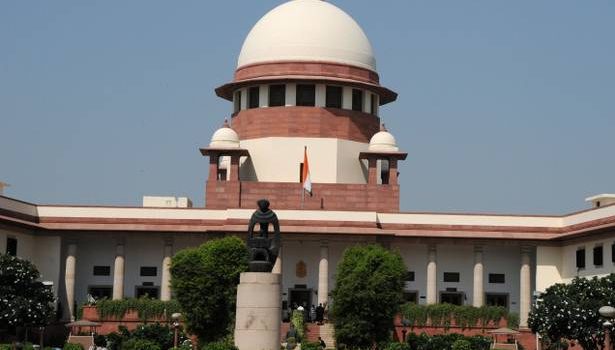Violation of right to equality and right to life
In Nikesh Tarachand Shah v Union of India (1) the issue was whether Section 45 of the Prevention of Money Laundering Act 2002, on the grant of bail, violates the right to equality and right to life. The court noted that Section 45(1) imposes the following further conditions for release on bail:
- the court should be satisfied that there are reasonable grounds to believe that the accused is not guilty (not in relation to an offence under the act, but to a separate offence found under Part A of the schedule only); and
- that he or she is not likely to commit an offence while on bail.
The court held that Section 45(1) was unconstitutional insofar as it imposes the two further conditions for release on bail, and therefore violates the right to equality and the right to life under the Constitution.
Exercise of powers to quash criminal proceedings
In Parbatbhai Aahir v State of Gujarat (2) the issue was whether the high court should quash criminal proceedings under Section 482 of the Code of Criminal Procedure on the grounds that the parties had reached a settlement. The court reiterated certain principles for the exercise of powers under the provision, including that:
- the high court may quash such proceedings if, in light of the compromise between the parties, the possibility of a conviction is remote and the continuation of the criminal proceedings would cause oppression and prejudice; and
- the court should have regard to the nature and gravity of the offence as to whether the offences may have a serious impact on society and not just the individual.
Approach to Section 498A of the Indian Penal Code
In Rajesh Sharma v State of UP (3) the Supreme Court issued certain guidelines in order to prevent the misuse of Section 498A of the Penal Code concerning a “[h]usband or relative of husband of a woman subjecting her to cruelty”. Among other things, the guidelines postpone the time of arrest in such cases until the report from the constituted committees is received by the investigating officer or magistrate. However, this approach is under consideration by a three-judge bench of the Supreme Court in Nyayadhar v Union of India Ministry of Home Affairs (Writ Petition (Criminal)156/2017, October 13 2017).





